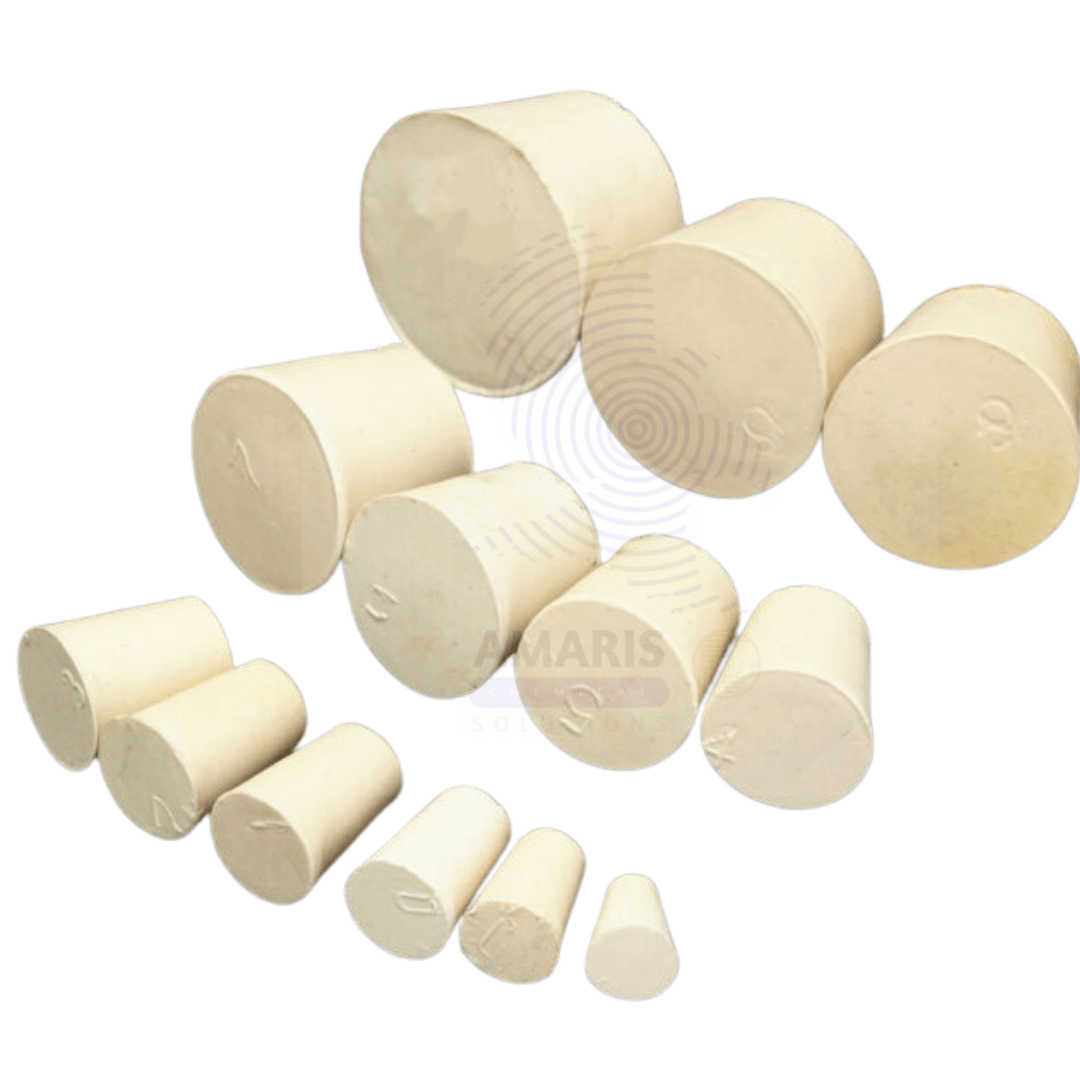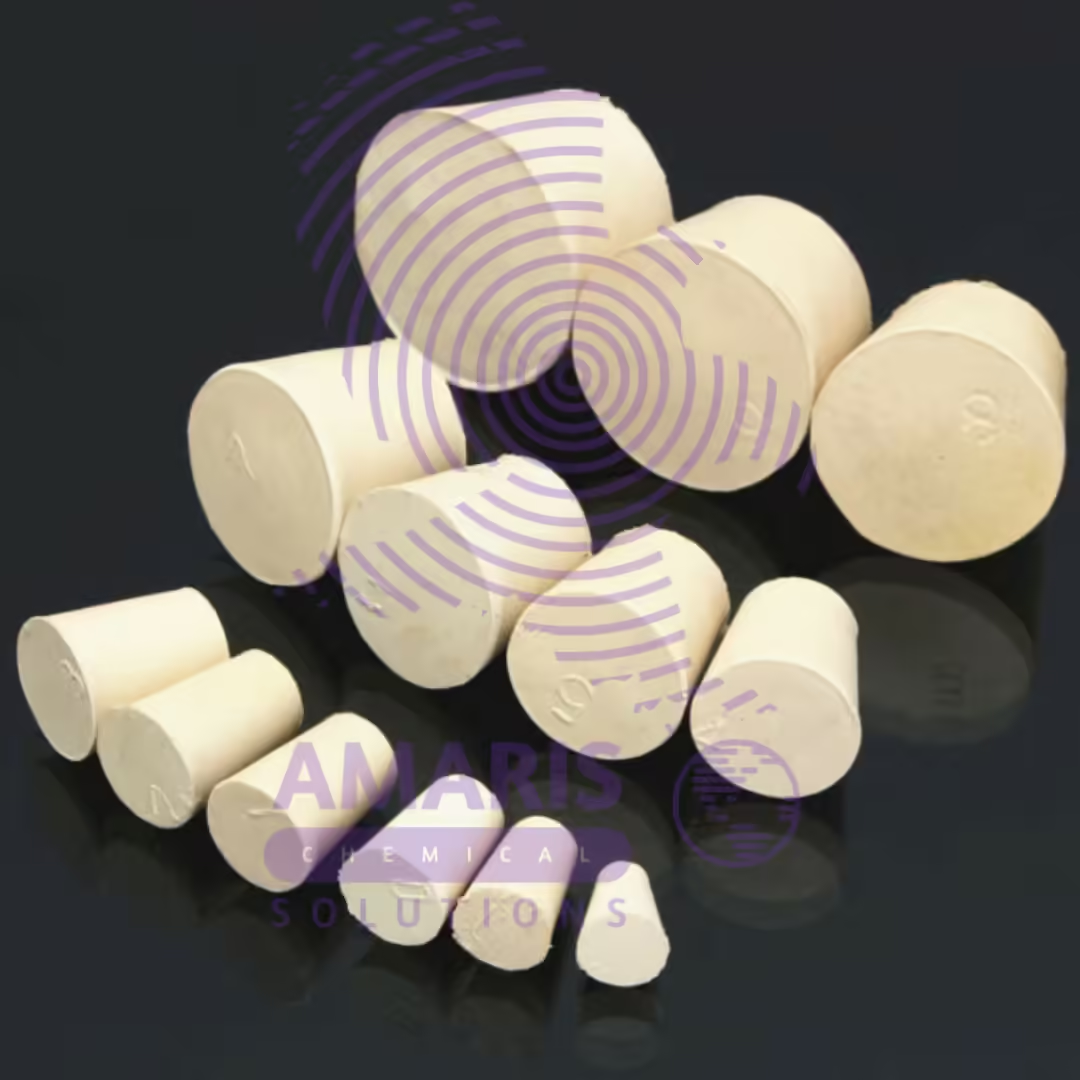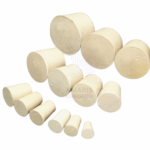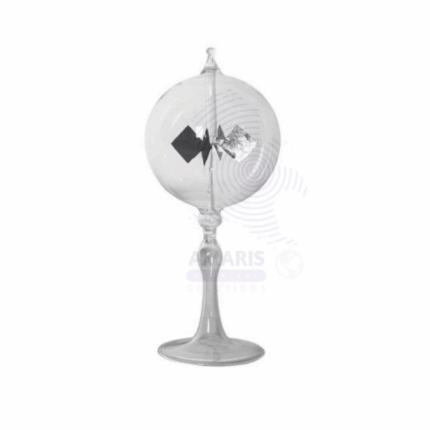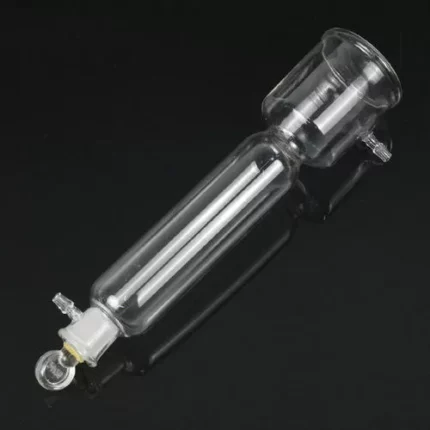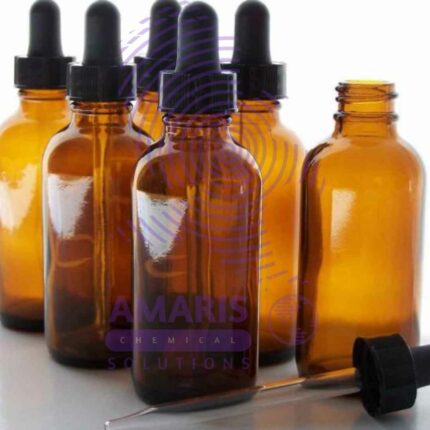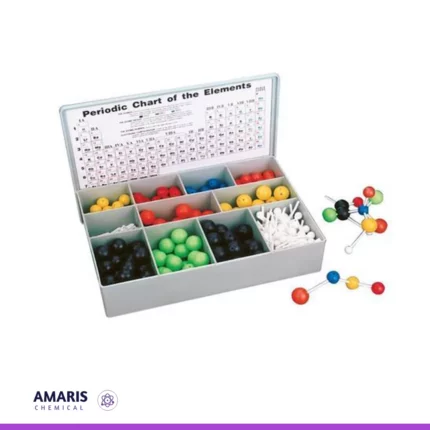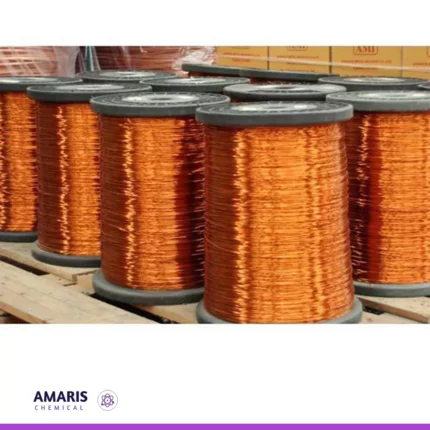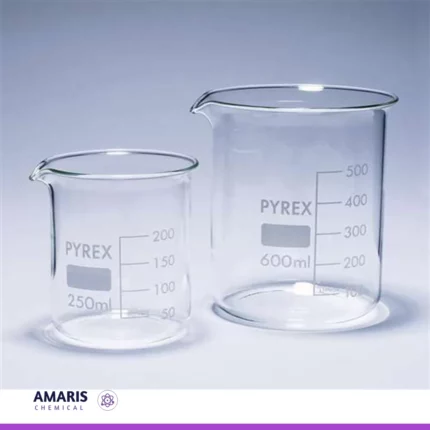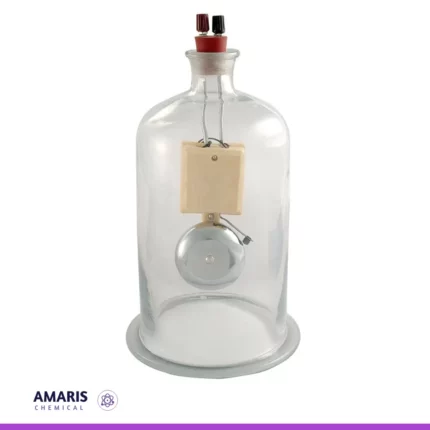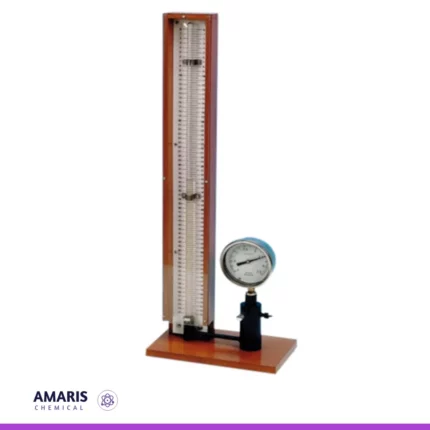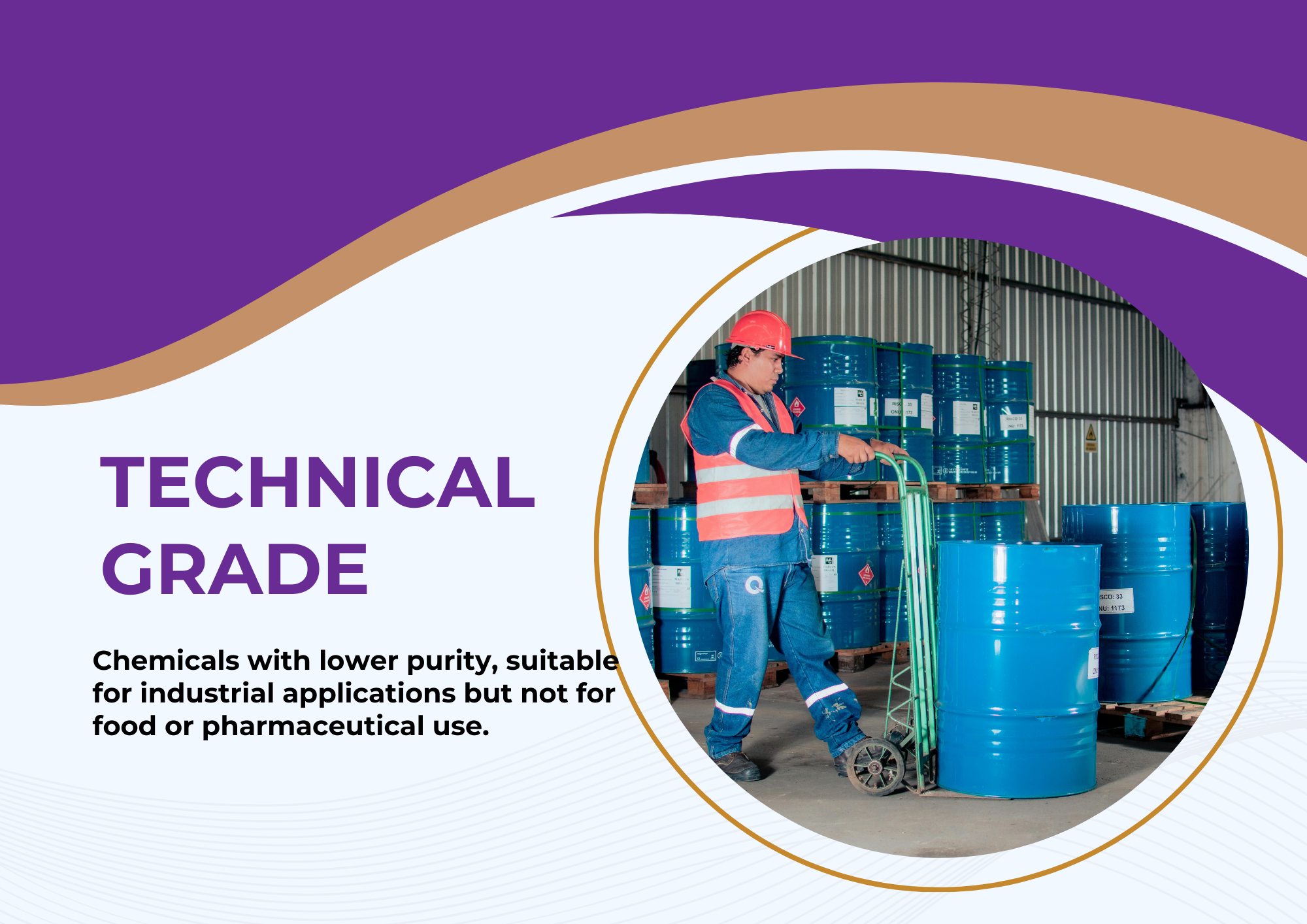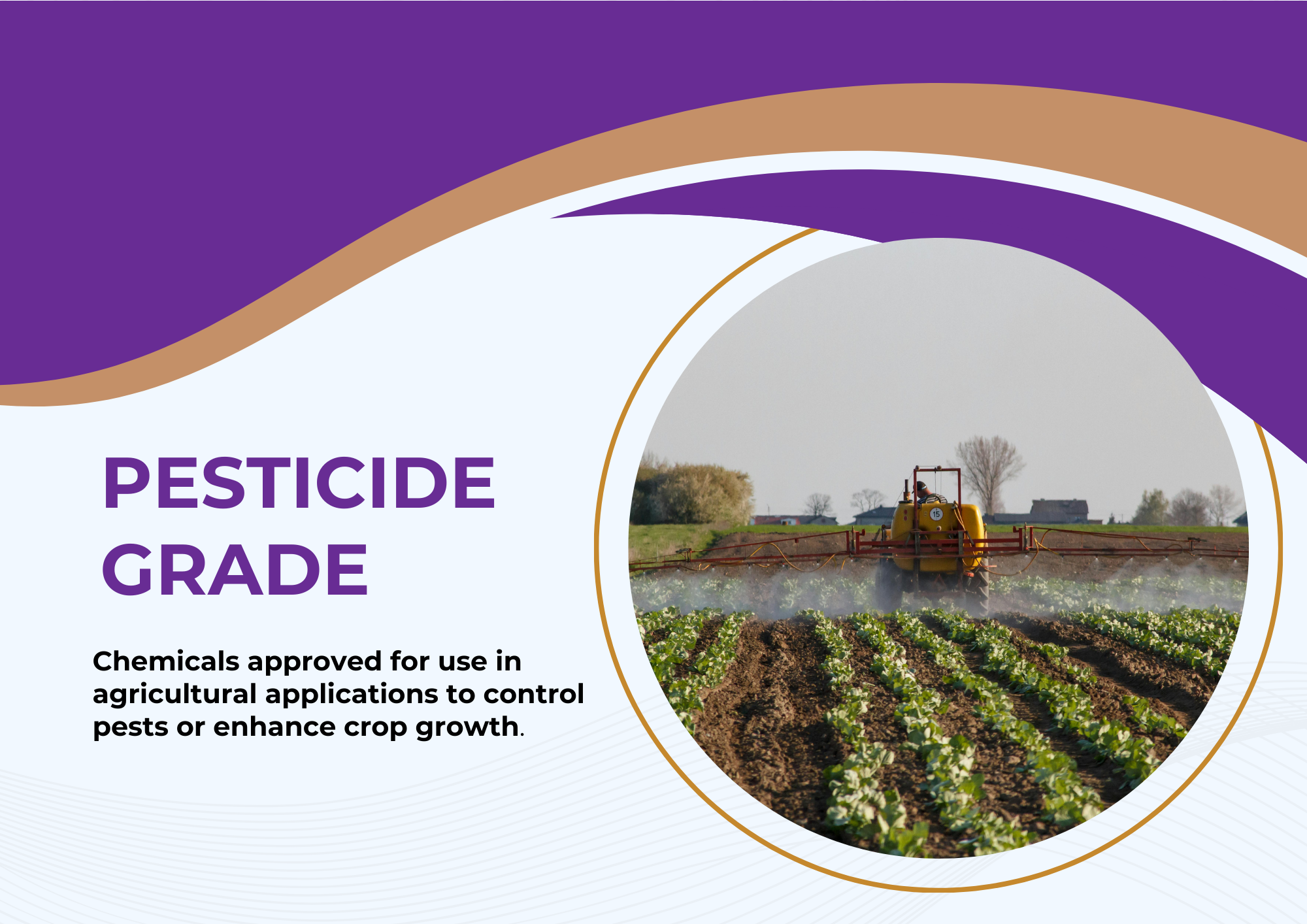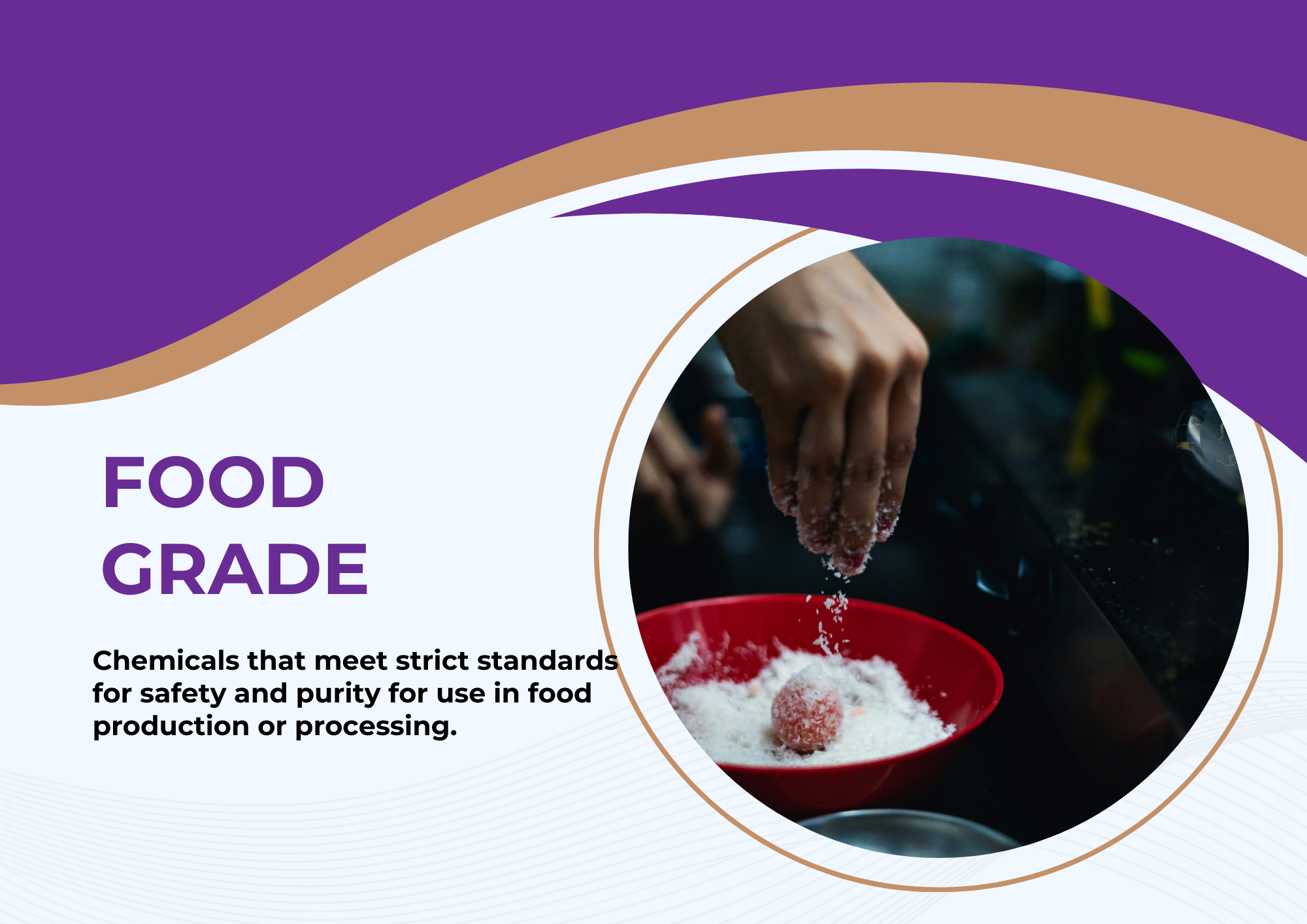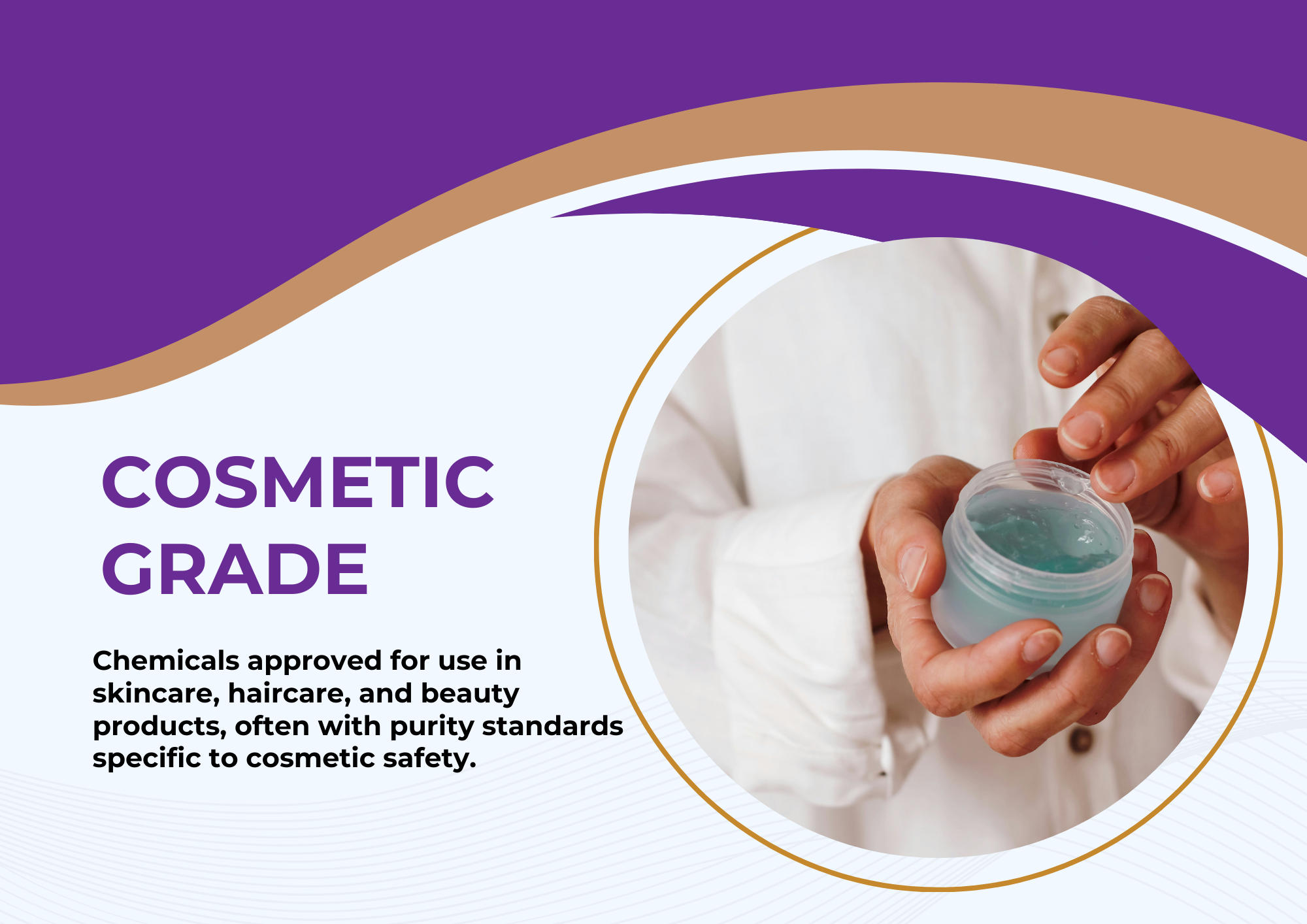Cork to fit conical flask
$0.01
Cork is a natural material often used to fit a conical flask as a stopper or closure. It is typically a cylindrical or tapered piece of cork that is inserted into the neck of the flask to seal it securely. This helps prevent the escape of gases or liquids and maintains a relatively airtight or liquid-tight seal, making it suitable for various laboratory and storage purposes. Cork stoppers are known for their resilience and ability to conform to the shape of the flask’s neck, providing an effective seal.
Uses of Corks
Chemical Reactions:
Conical flasks, also known as Erlenmeyer flasks, are used for a wide range of chemical reactions. Cork stoppers are essential for sealing the flask during reactions to prevent the escape of gases or fumes, as well as contamination from the external environment.
Liquid Storage:
Conical flasks are used to store various liquids, such as solutions, reagents, and samples. Cork stoppers help maintain a secure and airtight seal, preventing evaporation and contamination.
Fermentation:
In microbiology and food and beverage production, conical flasks are used for fermentation processes. Corks can seal the flasks to control the release of carbon dioxide produced during fermentation and to prevent contaminants from entering the flask.
Culture and Growth Media:
Conical flasks are often used for the preparation and storage of bacterial or fungal cultures and growth media. Cork stoppers help maintain a sterile environment and prevent microbial contamination.
Distillation:
Conical flasks are used in distillation setups. Corks can be used to seal the flask during distillation to control the vapor flow and prevent the loss of volatile components.
Solvent Evaporation:
In chemistry and research, conical flasks may be used to evaporate solvents or concentrate solutions. Cork stoppers can be used to seal the flask during the process, preventing solvent loss and ensuring a controlled evaporation.
Heating:
Conical flasks can be used in heating applications, such as in reflux setups. Cork stoppers help direct the condensed liquid back into the flask, allowing for efficient heating and cooling cycles.
Vacuum Filtration:
In laboratory filtration processes, conical flasks are sometimes used in vacuum filtration setups. Corks can help create a seal when vacuum is applied to the flask, aiding in the filtration process.
Temporary Storage:
Conical flasks are often used as temporary containers during experiments or when transferring substances. Cork stoppers keep the contents securely sealed until they are ready to be used.
Experimentation and Observation:
Conical flasks are used for various experiments and observations, where airtight sealing is necessary to control specific conditions or variables. Cork stoppers allow for controlled environments within the flask.

